As society progresses, the role of religion in people’s lives has shifted, leading to a significant rise in the number of atheists and non-religious individuals. In the United States, this trend is evident across various states, particularly in the northeastern and northwestern regions.
This post explores the most atheist states in America, presenting insights based on WorldAtlas rankings.
Vermont
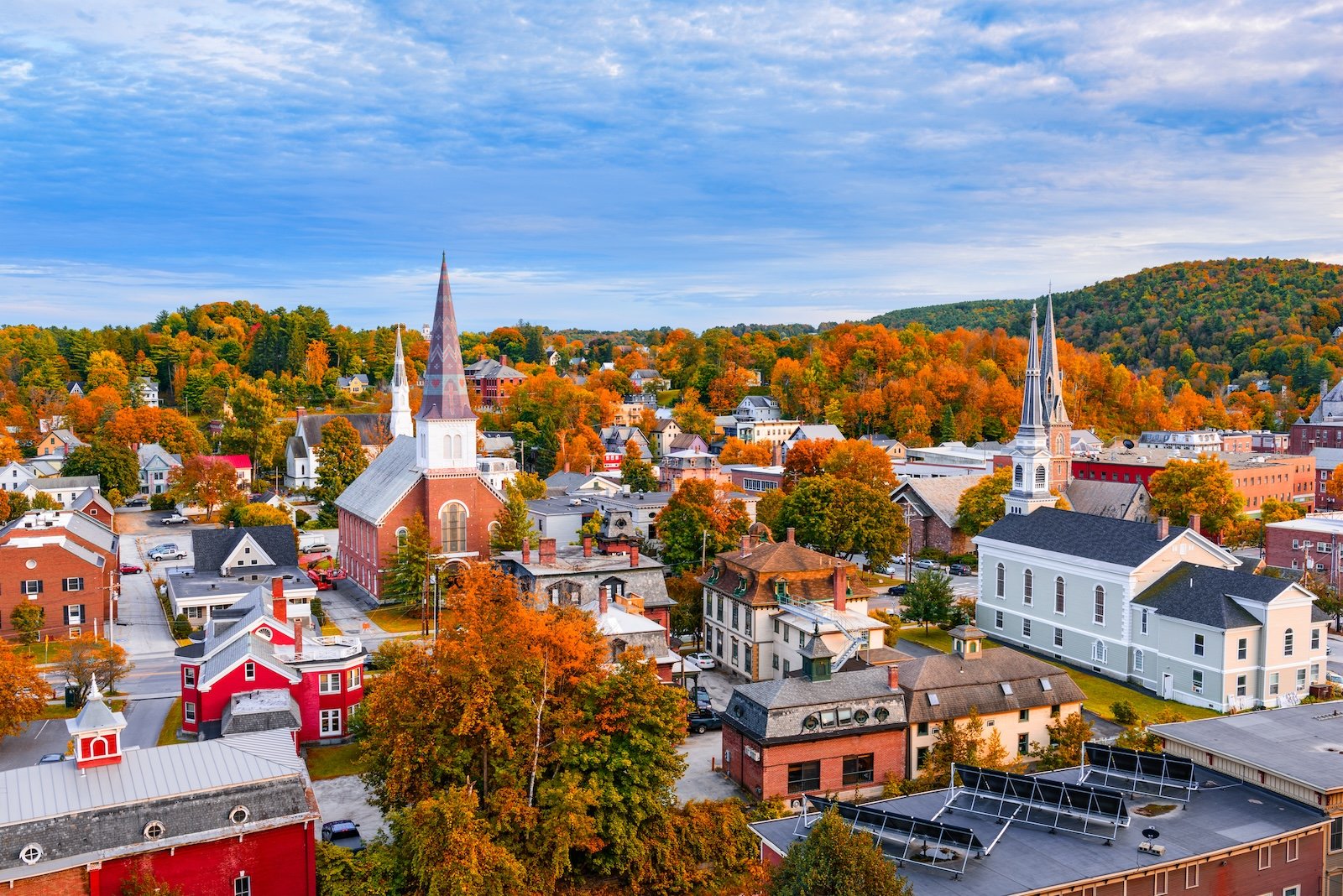
With 56.3% of its population identifying as nonreligious, Vermont takes the top spot as the most atheist state in America. The state’s progressive and liberal culture often prioritizes secular and humanist values over traditional religious beliefs. Vermont’s emphasis on individual freedom and its inclusive approach to diverse beliefs contribute significantly to its high percentage of nonreligious residents.
Maine

Maine has 51.1% of its residents who identify as nonreligious. The state’s serene landscapes and independent spirit foster a culture where personal belief systems are respected and religious affiliation is less emphasized. Maine’s community values often reflect a more secular approach to life.
New Hampshire
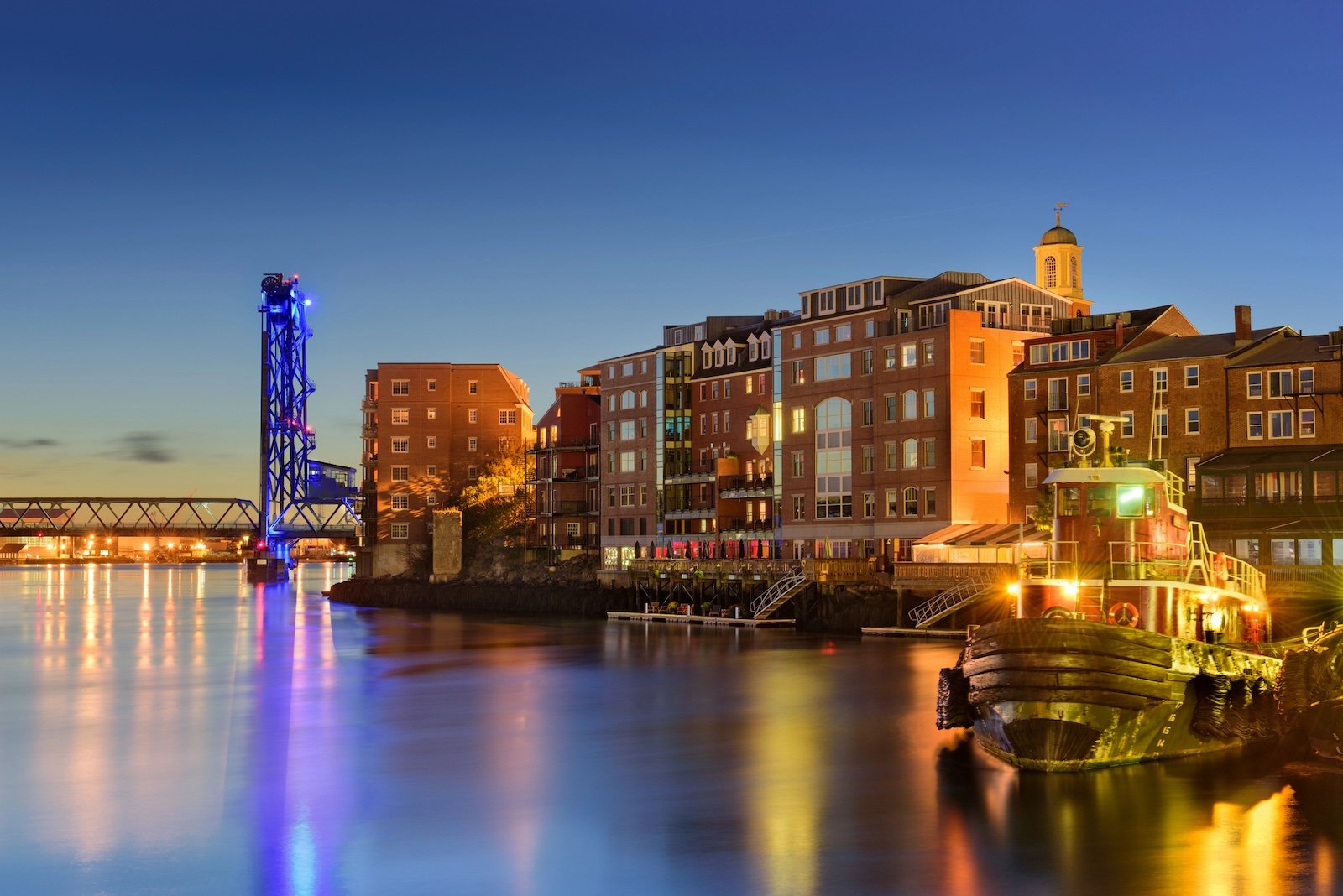
In New Hampshire, 49.2% of the population is nonreligious. The state’s strong emphasis on education and individual liberty likely influences its residents’ approach to religion. New Hampshire’s progressive values and open-mindedness contribute to its significant nonreligious demographic.
Massachusetts

Massachusetts has 46.0% of its population identifying as nonreligious. The state’s rich history of intellectualism and scientific advancement has created an environment where secularism thrives. Home to many of the nation’s leading educational institutions, Massachusetts fosters a culture of critical thinking and skepticism towards traditional religious beliefs.
Washington
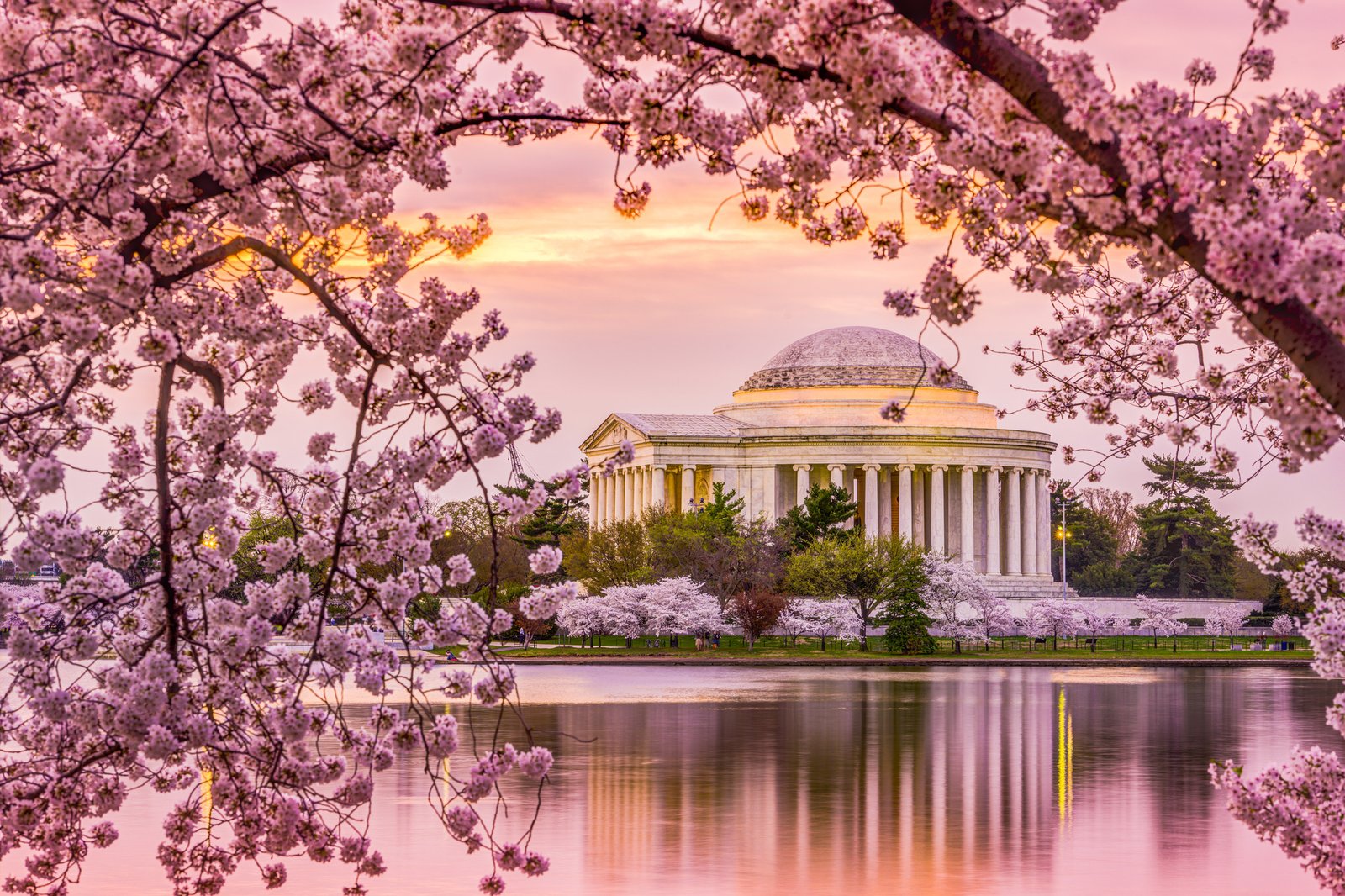
Washington state, with 43.7% of its population being nonreligious, has a vibrant tech industry and progressive social policies that contribute to its secular culture. Washington’s emphasis on innovation and diversity supports a community where religious affiliation is often a personal choice rather than a societal expectation.
Oregon
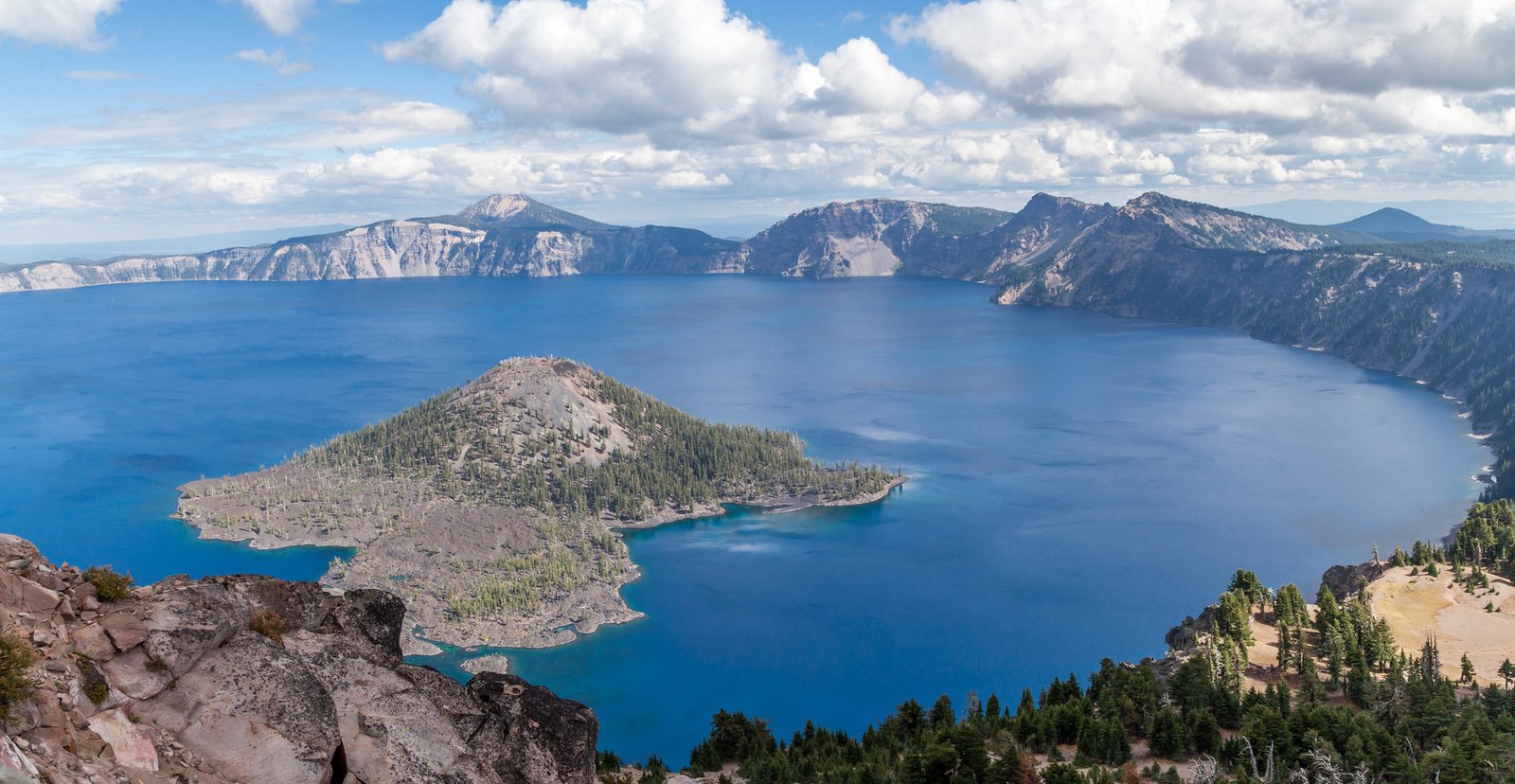
Oregon has 43.4% of its population identifying as nonreligious. Known for its liberal cities like Portland, Oregon emphasizes environmentalism and progressive values, which often align with secular worldviews. The state’s culture encourages free expression and individuality, contributing to its high percentage of nonreligious residents.
Alaska

With 42.7% of its population identifying as nonreligious, Alaska’s unique geography and lifestyle contribute to its secular culture. The state’s rugged individualism and distance from the contiguous United States foster an environment where traditional religious practices are less prevalent.
Hawaii

Hawaii has 41.0% of its population identifying as nonreligious. The state’s diverse cultural influences and blend of Eastern and Western traditions often result in a more secular outlook among its residents. Hawaii’s inclusive and tolerant community supports a significant nonreligious demographic.
Rhode Island

Rhode Island has 41.0% of its population identifying as nonreligious. The state’s rich colonial history and progressive social attitudes contribute to its secular population. Rhode Island’s emphasis on education and social reform fosters an environment where personal belief systems are respected.
Colorado
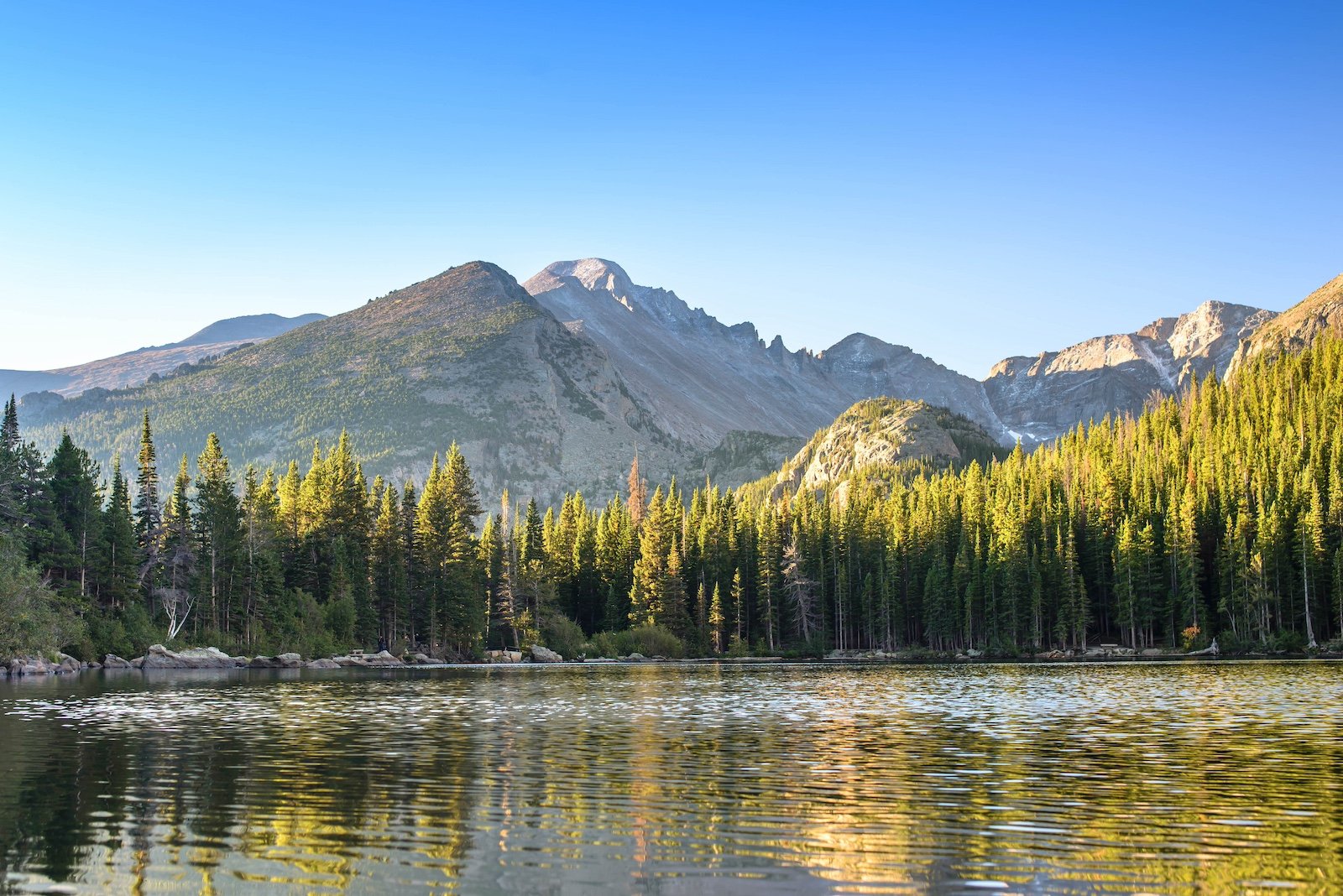
Colorado has 40.6% of its population identifying as nonreligious. Known for its outdoor lifestyle and progressive cities like Denver and Boulder, Colorado’s culture often emphasizes personal freedom and secularism. The state’s vibrant community supports a diverse range of belief systems, including nonreligious perspectives.
Connecticut

Connecticut reports 40.4% of its population as nonreligious. The state’s historical emphasis on education and social reform contributes to its secular outlook. Connecticut’s progressive values and open-minded community support a significant nonreligious demographic.
Nevada
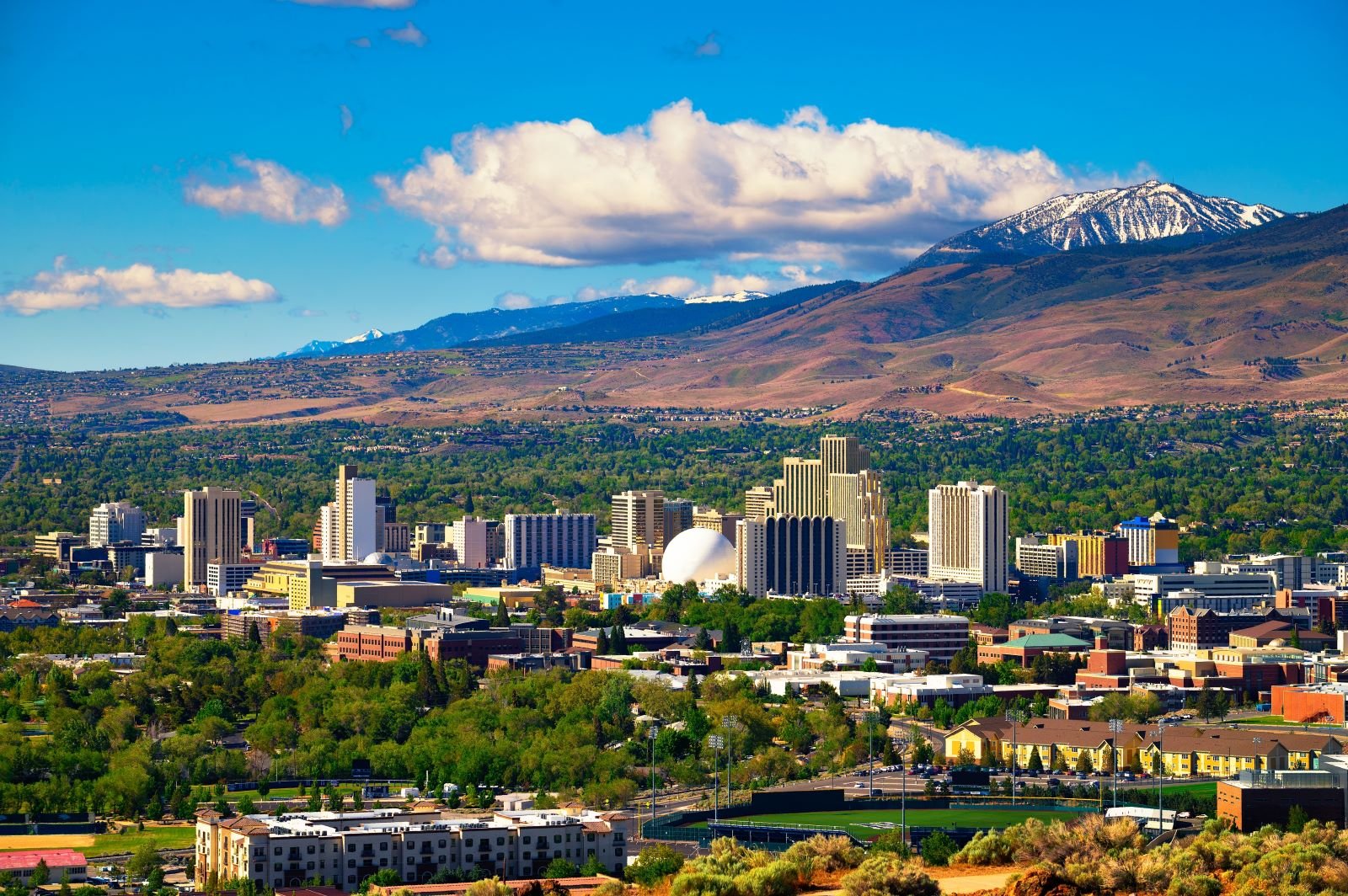
Nevada has 39.7% of its residents who identify as nonreligious. The state’s vibrant cities like Las Vegas and its unique blend of transient populations and entertainment-driven economy contribute to a more secular culture. Nevada’s emphasis on individuality and freedom supports a diverse range of belief systems.
California

California has a nonreligious percentage of 37.8%. Known for its cultural diversity and innovation, cities like San Francisco and Los Angeles are hubs of secular and progressive thought, contributing to the state’s significant nonreligious population.
Montana

Montana has 37.8% of its population identifying as nonreligious. The state’s vast landscapes and independent spirit contribute to its secular culture. Montana’s emphasis on personal freedom and self-reliance aligns with a more secular worldview.
New York
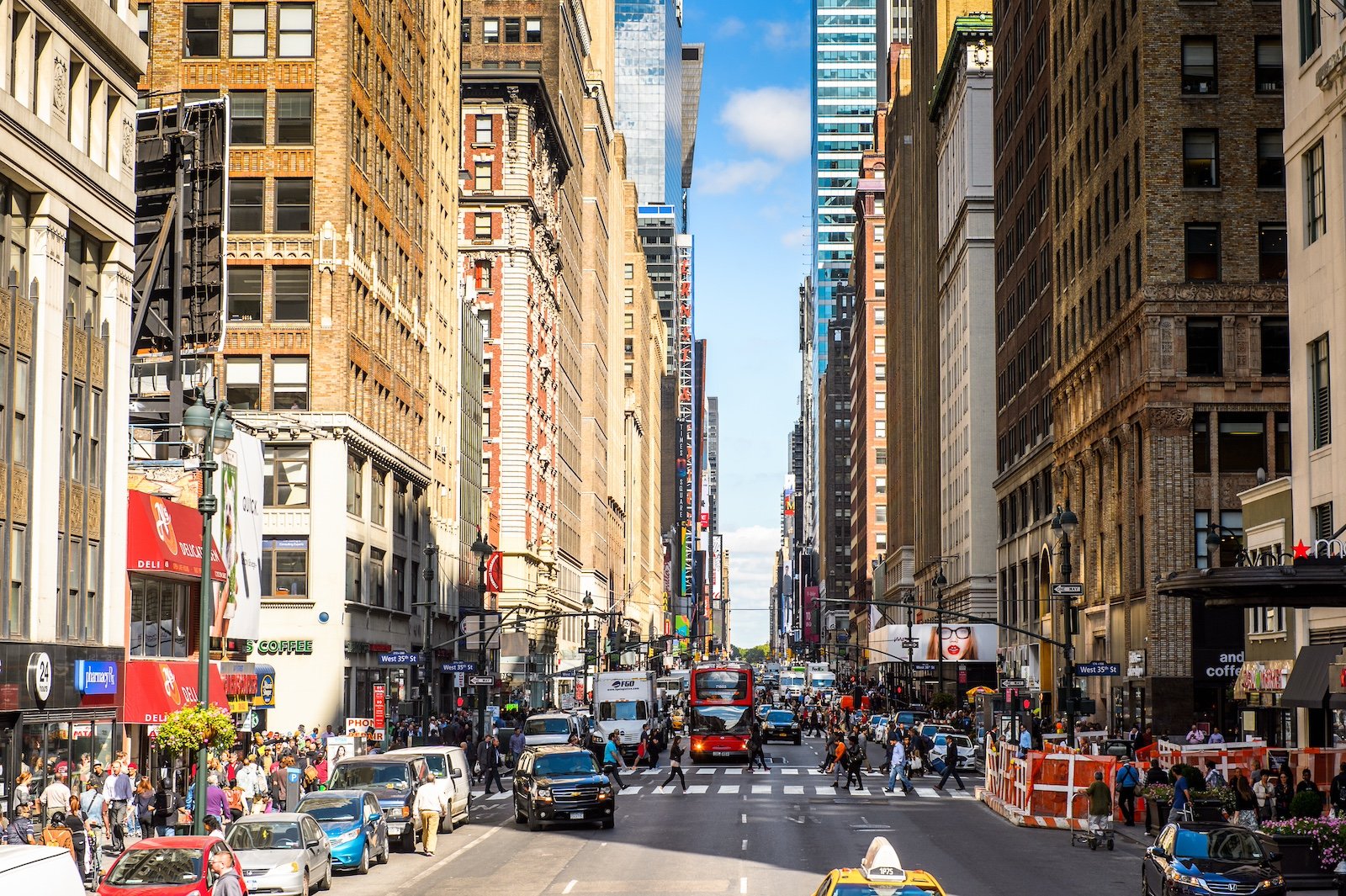
New York has a nonreligious population of 37.1%. Home to one of the world’s most iconic cities, the state’s diverse population and progressive policies contribute to its secular culture. New York’s emphasis on education and innovation supports a significant nonreligious demographic.
Wyoming
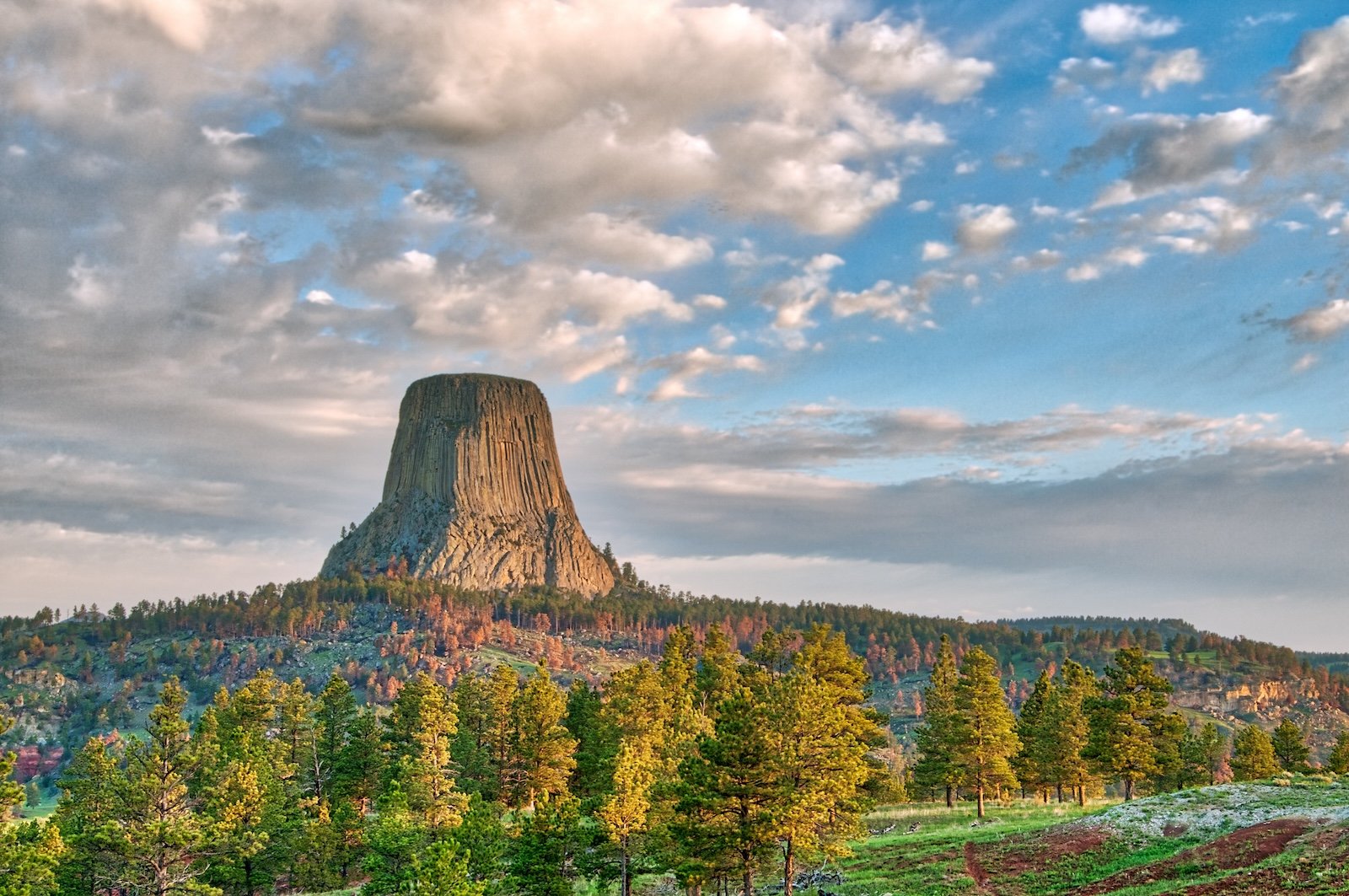
Around 35.1% of people in Wyoming consider themselves non-religious. Known for its rugged landscapes and low population density, the state’s emphasis on independence and self-reliance often translates to secular beliefs. Wyoming’s community values support a diverse range of belief systems, including nonreligious perspectives.
Idaho

Idaho reports a nonreligious population of 34.8%. The state’s growing urban areas and progressive communities contribute to its secular trends. Idaho’s emphasis on education and innovation supports a diverse range of belief systems, including nonreligious perspectives.
Minnesota
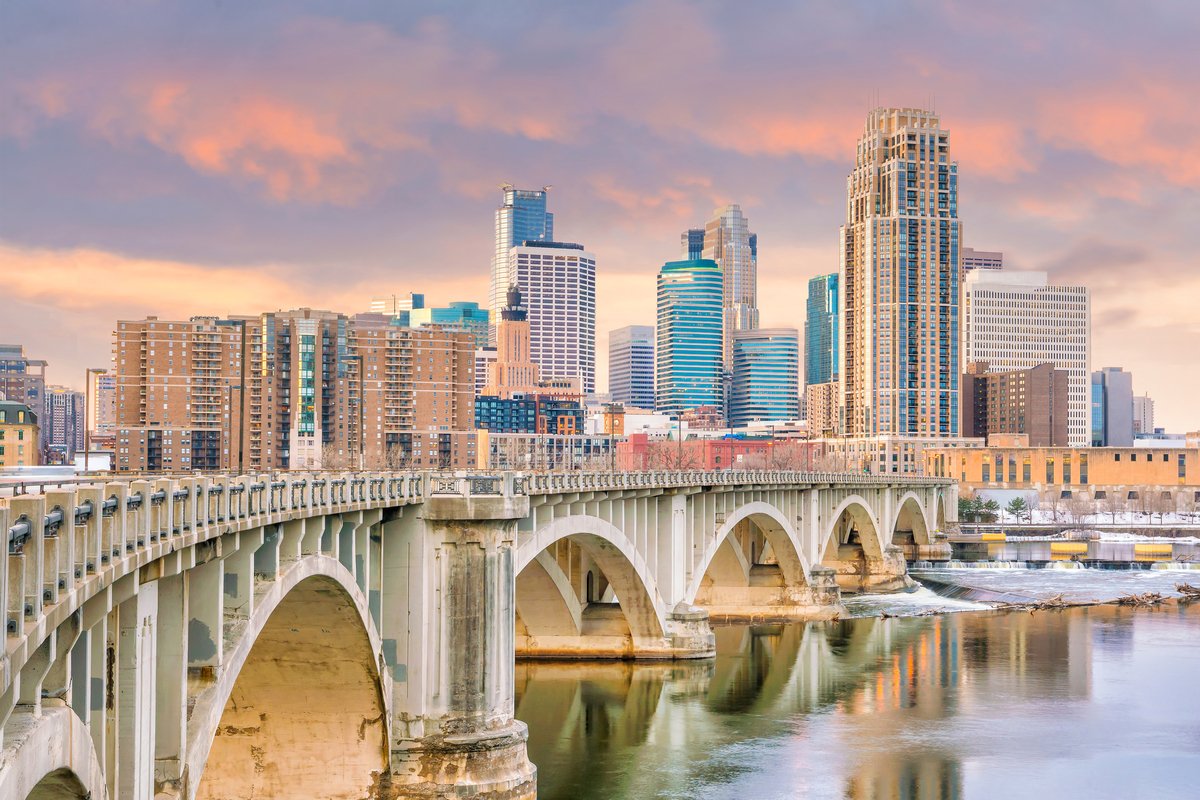
Minnesota has a nonreligious population of 34.2%. Known for its reputation for education and social progressivism, the state’s liberal cities like Minneapolis and St. Paul are hubs of secular thought. Minnesota’s emphasis on social justice and inclusivity supports a significant nonreligious demographic.
Arizona

Arizona’s nonreligious population stands at 33.8%. The state’s mix of urban and rural areas, along with its progressive enclaves, contribute to its secular culture. Arizona’s emphasis on personal freedom and diversity supports a significant nonreligious population.
Wisconsin

Wisconsin has a nonreligious percentage of 32.7%. Known for its rich history of social reform and education, the state’s progressive cities like Madison influence its secular trends. Wisconsin’s emphasis on social justice and inclusivity supports a diverse range of belief systems, including nonreligious perspectives.
Illinois

Illinois has a nonreligious population of 32.6%. Home to Chicago, the state’s urban centers are major hubs of secular and progressive thought. Illinois’ emphasis on education and innovation supports a significant nonreligious demographic.
New Jersey

New Jersey reports a nonreligious population of 32.5%. The state’s proximity to New York City and its own urban areas contribute to its secular outlook. New Jersey’s emphasis on diversity and inclusivity supports a significant nonreligious demographic.
Pennsylvania

Pennsylvania has a nonreligious percentage of 32.5%. With its blend of historical significance and modern progressivism, cities like Philadelphia play a major role in shaping the state’s secular culture. Pennsylvania’s emphasis on education and social justice supports a significant nonreligious population.
South Dakota
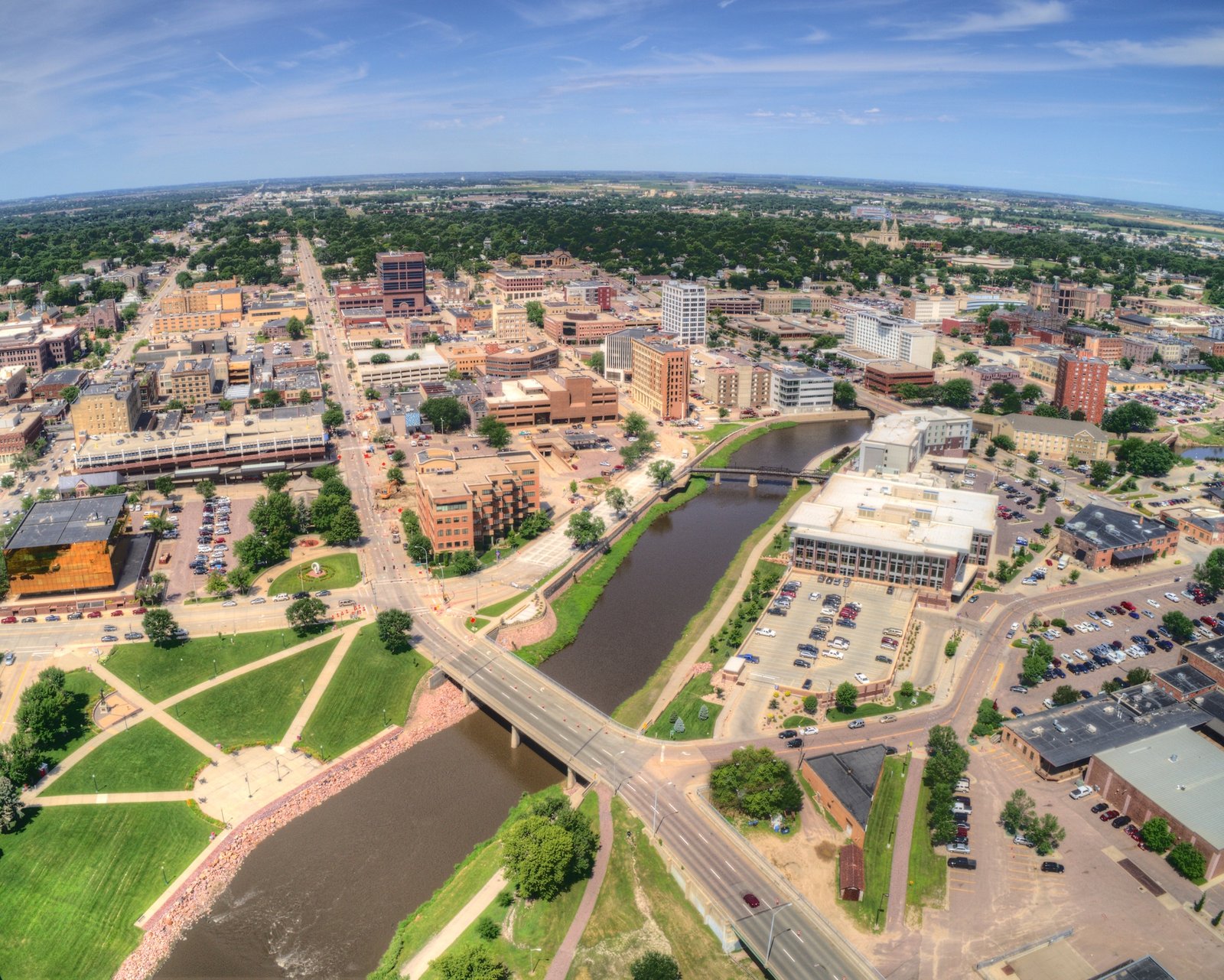
South Dakota reports a nonreligious population of 31.9%. Known for its rural landscapes and independent spirit, the state’s emphasis on personal freedom and self-reliance aligns with a more secular worldview. South Dakota’s community values support a diverse range of belief systems, including nonreligious perspectives.


